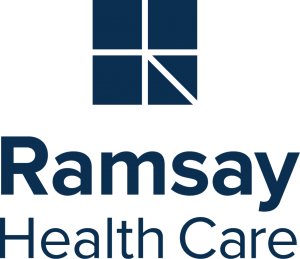Covid-19 and informed consent
The arrival of Covid-19 (coronavirus) has brought about significant changes within the healthcare sector.
Usual hospital services have been disrupted and healthcare staff have needed to adjust to the added pressures the pandemic has created. The way healthcare services are delivered has also changed. Trends in electronic healthcare such as virtual consultations, electronic learning and apps to improve the patient experience are becoming the norm through necessity.
While consent law has not changed, Covid-19 has raised some challenges for the traditional medical consent process. Additional risks need to be communicated and more of the process needs to be done remotely to reduce personal contact and hospital visits.
The purpose of our Consent Review
EIDO’s free Consent Review focuses on notable court cases in the wake of the landmark Supreme Court ruling in the case of Montgomery v Lanarkshire Health Board 6 years ago. Now in its 4th edition, the Consent Review examines recent court cases, draws out the learnings and provides guidance for health professionals navigating a challenging time.
Working with leading UK law firm Browne Jacobson, the Consent Review explores how the pandemic has impacted the provision of information from a surgeon to their patient:
Whilst the law on consent has not changed since the landmark case of Montgomery v Lanarkshire Health Board [2015], the changes to clinical treatment necessitated by the pandemic have undoubtedly had an impact on the information that will be relevant to the discussions between patients and clinicians in the context of consent.
– Browne Jacobson, EIDO Consent Review 4th Edition
This Consent Review explores the challenges posed by Covid-19 and the opportunities created to develop innovative ways to facilitate information sharing between clinicians and patients.
Patient-centred care

As the years pass, the Montgomery principles have become established in both attitudes and law. There are fewer cases coming before the courts about the principles outlined in the case and fewer challenges are being made to the ‘patient-centred’ approach.
In patient-centered care, an individual’s specific health needs and desired health outcomes are the driving force behind all health care decisions and quality measurements.
NEJM Catalyst, ‘What Is Patient-Centered Care?’
EIDO’s Consent Review gives clinicians a greater understanding of notable court cases and key learnings from them. Health professionals can use this knowledge when consenting their patients, ensuring they are following best practice and remain within the bounds of the law.
About the contributors
Our author, Vivienne Harpwood, is an Emerita Professor of Law at Cardiff University. Accredited author of several medical law books, Vivienne also served on the UK Government’s NHS Complaints Review Committee. Their recommendations in 1994 formed the basis of the modern NHS Complaints Systems in all four UK jurisdictions.
Browne Jacobson are a national law firm working across the private and public sectors in England and Wales. They provide advice and support in the health, education and wider Government sectors.
The latest edition of EIDO’s Consent Review is free to download using the link on our website.
Links to past reviews
1st edition (2017)
2nd edition (2018)
3rd edition (2019)
[1] NEJM Catalyst, ‘What Is Patient-Centered Care?’ (2017) https://catalyst.nejm.org/doi/full/10.1056/CAT.17.0559











